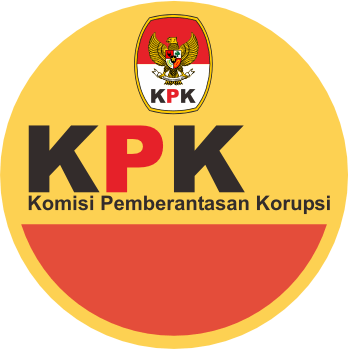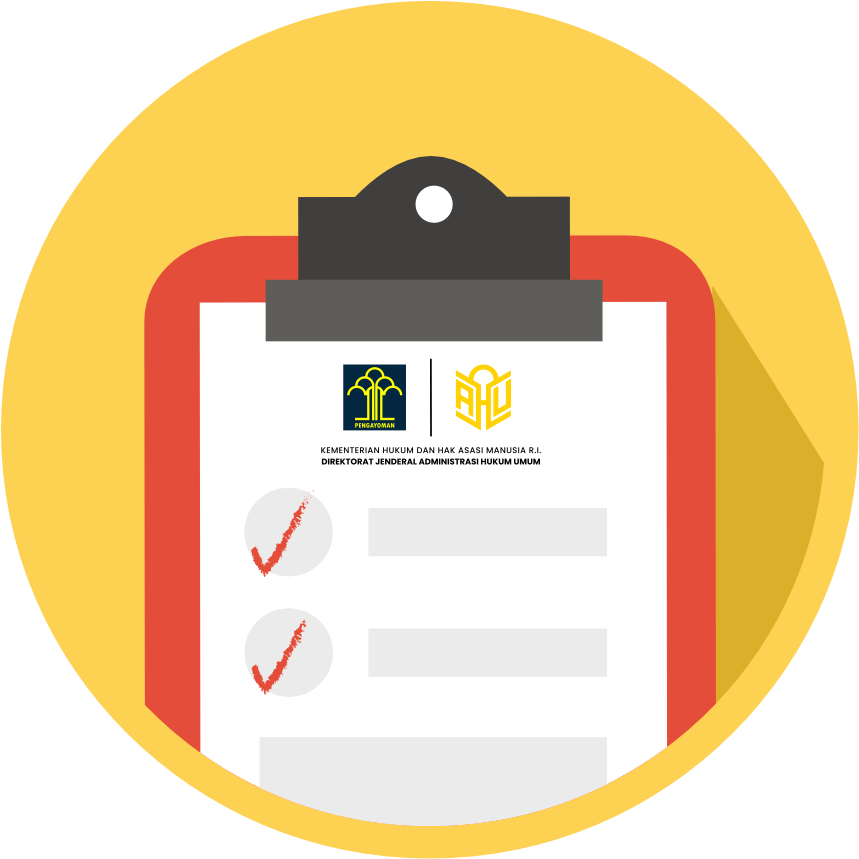

Climate change not only threatens environmental sustainability, but it also reduces food production in one-third of the world’s food producer area, increased poverty, and health risks.
The impacts of climate change are felt by everyone. Women became one of the most vulnerable to the effects of climate change. Professor Sulistyowati Irianto from Inobu Foundation stated, “89 out of 130 studies concluded that women are more affected by diseases than men. They also experience social, legal, and economic discrimination.” in a Think Climate Indonesia (TCI) Forum Dialogue event, titled “Dissecting Gender Approaches and Social Inclusion in Climate Action in Indonesia” that was held on Wednesday, 6 April 2022.
Sulistyowati continued, “For example, women who are working in palm oil plantations are not recorded properly in the Regional Office of Manpower. They hold the status as casual daily laborers or unpaid assistants to their husbands or fathers, especially during the harvesting season. In fact, they are also vulnerable to sexual harassment and violence, live in crowded and uninhabitable places, giving birth to babies but are not cared for so that the child repeats the life cycle of his or her mother. Not to mention the neglected health facilities during the COVID-19 pandemic,”
This is the first forum that was held online by Think Climate Indonesia (TCI), a practical community that was initiated by five think tanks in Indonesia that focuses on putting real and effective climate action. The forum was established with the support of the International Development Research Centre (IDRC) and Oak Foundation. In TCI, KEMITRAAN has joined up with the Inobu Foundation, World Resources Institute (WRI) Indonesia, PATTIRO, and Kota Kita Foundation.
This forum will be held regularly to open up discussions regarding challenges and constraints that are usually faced by the civil society organizations, think tanks, and policymakers. Additionally, it is hoped that this forum will generate ideas, outlooks, and collaboration to advocate climate actions in Indonesia.
Cynthia Maharani on behalf of the Gender Equity and Social Inclusion Program Lead of WRI Indonesia, as the second speaker in this forum, showed an example of other climate change impacts, “The wildfire that happened in Lombok caused gender inequality issues, where men could walk freely from their territory while women are bound to rules that oblige them to look over their land.”
“Another example of inequality is felt by the Dayak Iban women in West Kalimantan. They have limited access to utilize their land. They could even lose their rights over their ancestors’ land,” Cynthia continued.
Based on the fact that there are inequalities among the communities, promoting gender and inclusion issues is not limited to being a focus on the impacts of climate change, but also needs to be upgraded so that gender transformative can be realized. Because more strong actors are needed in civil society organizations in mainstreaming gender and inclusion issues.
Nina Asterina, an Urban Inclusivity Program Manager from Kota Kita Foundation added, “People with special needs (disabled) are also the most impacted group of people due to climate change. They don’t have a strong enough say and are often not involved in policy making processes. Policymakers often consider disability issues and climate change as two different things. However, these issues are related to each other.”
Consequently, public facilities that are receptive to disabled people are scarce, some are not even able to be accessed, such as evacuation routes. To address those problems, Kota Kita implements participatory and inclusive advocation in order for the people who live in the city to have the same opportunity to fully participate in all aspects without exceptions, and also place the people with their needs and rights equally.
At the end of the session, Dr. Elisabeth Dewi, a gender consultant from KEMITRAAN summarized, “The power of minority and marginalized groups such as women and disabled, is their ability to turn vulnerability to strength, then strengthening their agency to move and express themselves. What the policymakers must do is to hear their aspirations in order to provide equal access to everyone,” She stated.
Stay tuned for the next TCI event to learn and do climate actions together in Indonesia!





